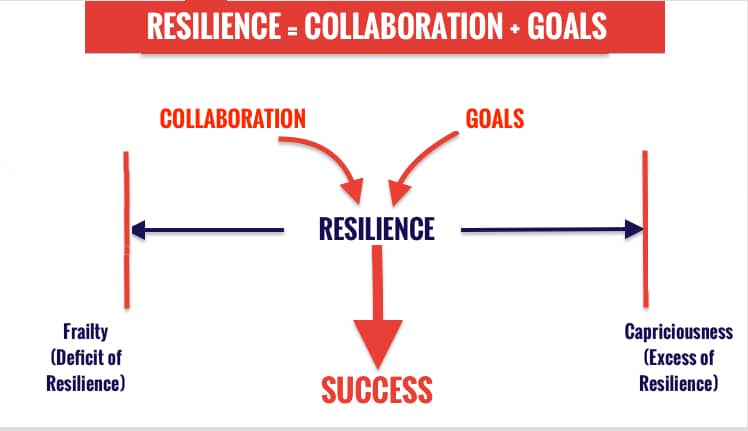Like intellectual Meddling or physical Martyrdom, which are vices about burdening a partner with a kind of laziness, shunning duties through the rote use of a well-practiced talent, Capriciousness is a character "vice of excess of Resilience". It is is "too resilient" to the point of being "win/lose" or destructive to the goals of the relationship. It is built on the entitlement of people who have the tendency to change their minds quickly, and results in a kind of arrogance that injures the feelings of the more resourceful partner.
In being unjust as a partner at contributing to achieve a goal, the capricious, fickle partner is only pretending to have real, true interest and collaboration toward a goal. Instead, only pretending, allowing the other partner to do all the diligent and disciplined work. This is misleading the partner into thinking that you are a resourceful and stable person when you are merely living on their hard work.
It leads many to comment at the end of the relationship that, "I felt helpless with this person, they changed their minds so much," or "I feel my time is wasted on this person." That is the capricious person's usual effect - through the holes in the boundary allowing whatever is most top of mind to rule the agenda for anyone's given week. This might be thought to be a person who "settles for less," because they'll settle for anything. All their choices seem to be of equal value.
The capricious person uses an Immature Ego Defense, called, "Undoing" - which is like "a ritual," where one dispells the anxiety built into making a final choice, only to find that there are numerous further choices in life to be anxious about, and we are likely to encounter many or most to them. (The Ego Defenses guide us in finding friends and mates who happen to have similar maturity level.)
It is pathologically narcissistic to be Capricious, because we usually want to be its mature version, while Resilience does make a definite choice, and then is also prepared for failure of that choice, but willing to bounce to the next choice. This makes for "win/win" behavior in the face of a truly uncertain situation.
The other vice of Resilience as a virtue is that of moral deficit, called, "Failty" or "cowardice," where a person of basic skill at something "gets rigid," and lets their anxiety caused by personal boundary holes make them feel as if they must persist in doing the same strategy over and over, to force a result.
Someone who is romantically making use of Failty is a narcissist, stopping cold, the achievement of goals and the dreams of a mate, by pretending to have Resilience at a task they fail at, like a gambler placing the same bet, over and over, and hoping to recoup their losses. In some ways, this moral error resembles addiction.
As a vice which makes partnership within relationships fail to get to goals, Capriciousness is intellectually unattractive, given that we consider cowardly behavior to be negative in many ways, including in sexual attraction. It actually depletes the reserves of one's own, or the other partner's masculinity or femininity" by way of osmosis or bleeding of indecision from one partner to another.


